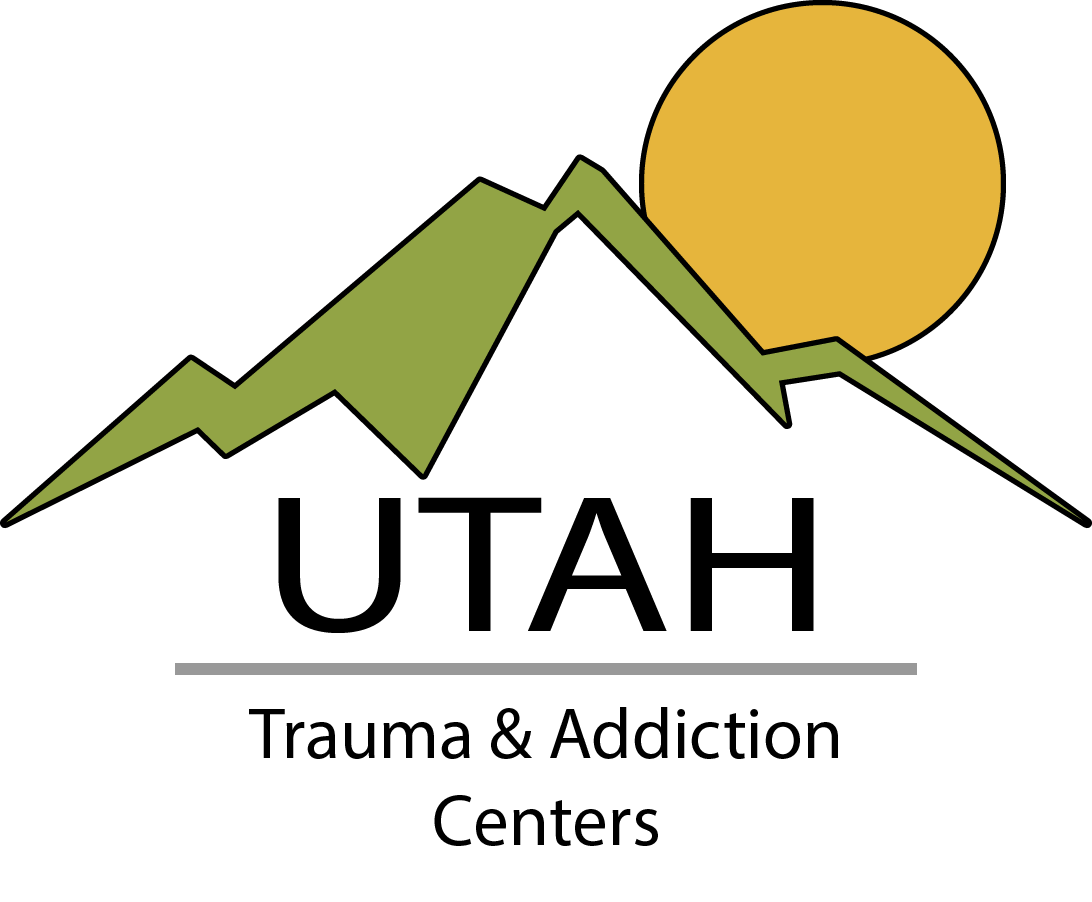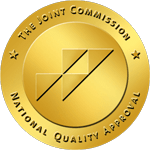Another Relapse! Why Should I Forgive Them Again?
Feelings of depression, shame, self pity, and apathy constantly plague an addict leading them to live in very dark and miserable places. Using seems to temporarily alleviate these feeling, but as the high fades out, it is quickly replaced with negative emotions that creep deeper into their heart and soul causing the darkness to be intensified and stronger than before. This often causes addicts to go on destructive benders and binges in order to chase a high for another temporary relief in order to feel normal or some kind of happiness.This dangerous cycle is usually followed by feelings of intense guilt that is potent enough to make an addict never want to go down that path again. This is usually the time when your loved one has said “I need help”, “That is the last time I will ever use”, or “I never want to do that again”. After a few days of nearly unbearable withdrawals symptoms, the addicts starts to feel joy and happiness. Their bodies feel regenerated and healthy again. Their emotions make a drastic improvement and the future looks bright. However, in an instant, conditions take a turn for the worst and before you know it, your loved one has another relapse.
After going through this process over and over, resentment and bitterness quickly consumes individuals, families, and relationships. Loved ones question why addicts would chose to hurt themselves and others. Blaming and arguing runs rampant while communication and understanding is restrained. The destruction caused by addiction quickly spreads and wedges itself between the addict and their family, friends, and support groups. The family and loved ones of an addict begin to ask themselves… Do they even care about the ones they are hurting? Why are they so selfish? Why should I forgive them again and again?
The answer can be surprisingly simple and is expressed beautifully in a quote by C.S Lewis. He teaches that “To be a Christian means to forgive the inexcusable because God has forgiven the inexcusable in you.” We all have imperfection and short comings. God has already forgiven us of all our trespasses and those of your loved one and He asks that we do the same. Addicts do not purposely hurt themselves or others. They are unfortunately stricken by a chronic disease of the brain that causes good people to do bad things.
Like many of us, the apostle Peter in the New Testament wondered how often we are to forgive each other. He ask Jesus saying “Lord, how many times shall I forgive my brother when he sins against me? Up to seven times? “Jesus answered, “I tell you, not seven times, but seventy-seven times” (Matthew 18:21-22). As you practice the divine principle of forgiveness, you will quickly enjoy peace and comfort that will lead to solutions and support for the addict. You will immediately see your situation and that of your loved one improve. However, if you fail to forgive and chose to hold on to bitterness and resentment you end up hurting yourself and others. Nelson Mandela, winner of the Nobel Peace Prize and former South Africa President reminds us that “Resentment is like drinking poison and then hoping it will kill your enemies.” Resentment and grudges will not improve your situation but will likely make it worse. Addicts have a hard enough time forgiving themselves so it is advised that you do your best to help pull them out of their dark places by forgiving them and supporting them though their trials.
-MJ


